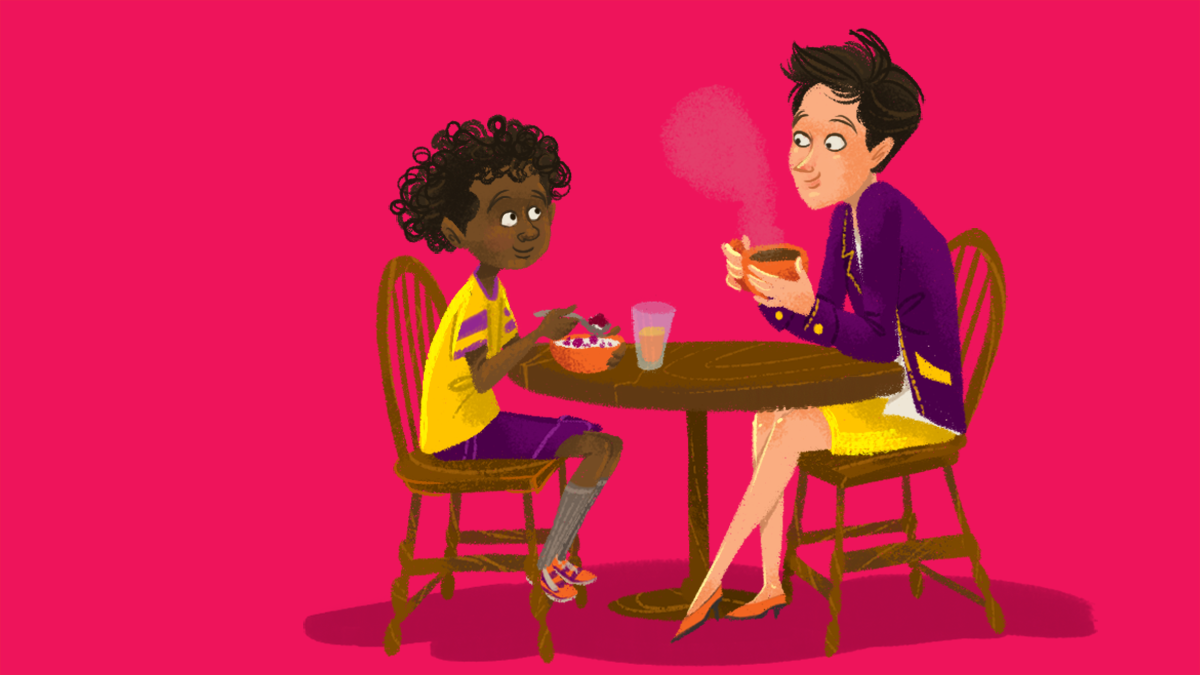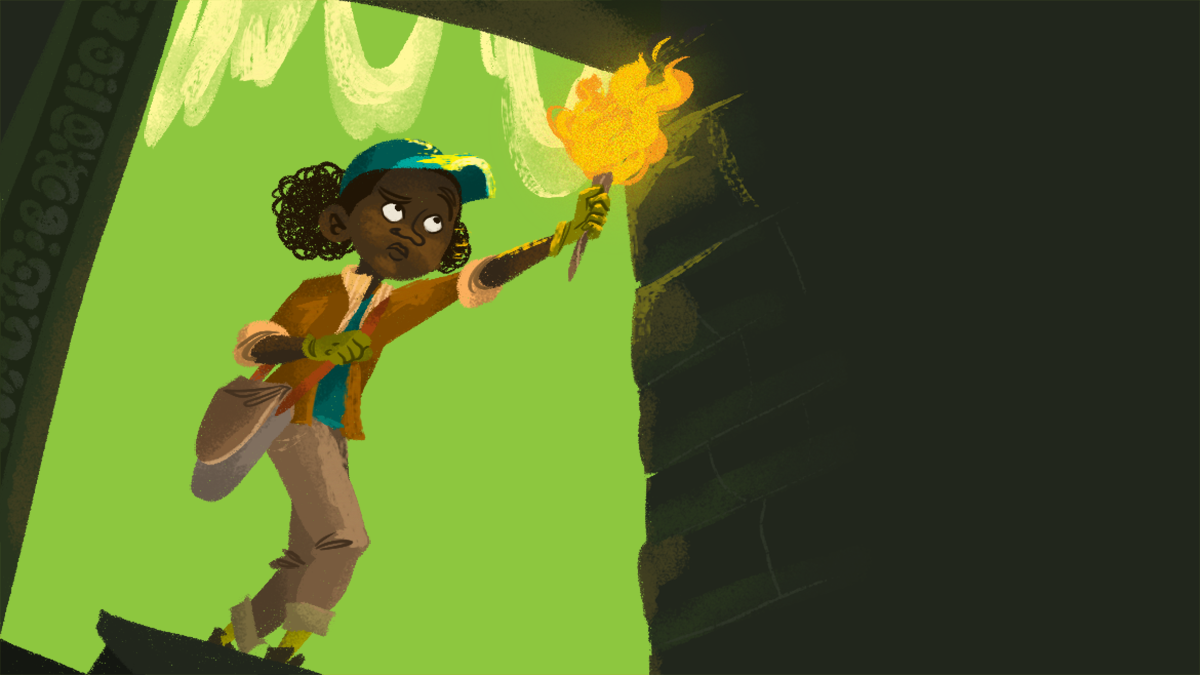The crucial role of storytelling in Early Childhood Education
Published on: 17 April 2024
At BookTrust, we know how important stories are in developing communication and language skills, but there are other benefits to young children too. We asked Jan Dubiel, Specialist in Early Years Education, to share how stories can enhance and complement teaching across the whole of the curriculum.
In Early Childhood, and especially focussing on the school years of Reception and Year 1, stories are already embedded in children’s experience and are a key way in which they both begin to understand the world around them and represent and communicate their own ideas, knowledge and feelings. As they make meaning and form their understanding of themselves, others and the world around them, stories can continue to play a crucial part in this process.
Communication and language

Communication and language lie at the heart of the curriculum and has been given appropriate prominence in how children’s development is supported. Critical to this is the acquisition of an extended vocabulary to support effective communication and enable cognition. Research has strongly suggested that new words, additional vocabulary and idioms are learned through the oral route in the first couple of years of life. Following this, the majority of new words are acquired through listening to texts – being read to – as the level of language used is often just beyond that of the personal and social. The importance of the development of language, and vocabulary, cannot be underestimated as this not only enables effective verbal communication but is the medium through which memories are retrieved, facts are recalled and thought takes place. Stories read aloud provide the vehicle for new and exciting words, different ways of describing or realising and they induct children into the nuances of language.
What do the words ‘exhausted’ or ‘fatigued’ mean when someone is tired? What does it mean when a dinosaur is an ‘herbivore’ or a ‘carnivore’? There are multiple opportunities within stories to explore the nature of words and their meanings. Pointing out a word that sounds like another or has the same root and therefore a related meaning is one way of encouraging children to explore words, and enabling them to generate additional ones. This could also be as simple as asking a child to provide an alternative word or description to the one in the text, or to create an additional sentence for the story to draw the reader’s attention to something not covered in the existing narrative.
Personal, social and emotional development

Stories also provide the vital basis for vicarious emotional reflection; the development of empathy and understanding themselves and others. Experiencing the motivation of characters, their trial and triumphs, the decisions they take and the mistakes that inevitably follow, enable children to project the – sometimes strong – feelings and associations onto a safer, more removed place that they can be viewed from. It is through this that children can then discuss the nature of relationships, the decisions we take and how we communicate and interact with each other. Was Goldilocks right to eat the porridge and spit it out because it was too hot? Would you have welcomed a tiger into the house as happily as Sophie did?
Emotions, feelings and the need to make decisions run through all stories and so children have the opportunity to explore these safely. Engaging with the challenges and conflicts that arise help children understand, consider and reflect on their own feelings and decisions. For example, one strategy might be suspending the story in time to ask the children to pose a question to a character: how are they feeling? What are they thinking? What will they do next? Speculating on the possible response enables children to start seeing through the eyes of another – albeit fictional – person and begin to develop the vital sense of empathy.
The wider world

Stories also take us to different places and different times. For young children still forming a view of the world, understanding the similarities, and also the contrasts between different cultures, epochs and environments is made possible with narratives and plots that they can recognise. Careful and considered introduction of texts can probe and enliven children’s understanding and recognition of the wider world outside their experience, and that times and places can change. When Dogger is lost, there is no mobile phone or social media to help locate him, so the chance rediscovery locates the time of the story. When the mouse walks through the forest, initially disbelieving of the notorious Gruffalo, how does that environment make the story believable?
Encouraging children to comment on similarities and differences between the story and their own lives, environments and experiences help them see ‘through’ the text. This uses the story as a way of seeing and understanding other worlds and places, other times and situations and they begin to become more aware of a world outside of their own. Asking questions like ‘Do you have food like this in your house?’ and ‘How does this car look different from the ones we see today?’ are ways of shifting a child’s perspective and adding to their developing knowledge.
Growing and thriving

So, supporting this, as teachers – and parents and carers – is a significant responsibility and a vital pre-requisite for each child to grow and thrive; cognitively, emotionally, socially and intellectually.
Children need opportunities to hear stories, be read to every day – several times. They need the opportunity to engage with plot and character, context and motive, to ask questions and be asked questions so that they immerse themselves in the content, language and the emotions that stories provide.
They need opportunities to construct their own narratives, with their own plots and characters and have this scribed by the adults around them or recorded digitally so that they are aware of the potent way that this can communicate and express ideas, fears and developing knowledge.
Stories will help children develop their understanding of themselves and others and ensure that they will become the confident, articulate, knowledgeable and responsible people we want them to be.
Discover some excellent books here:
Topics: Early Years professional, Early Years, Features





